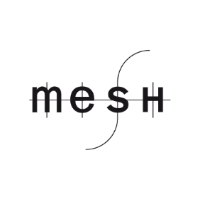Tuesdays (October 8, 2024 – January 28, 2025) | 16.00 – 17.30
Philosophikum, 103 CIP-Pool PC74
Since time immemorial, humanity has been infatuated with the end. Stories abound about the apocalypse in ancient belief systems, archaic artwork and primeval prophecy. New age novels chronicle future cataclysms, while film after film fantasises about doomsday-style destruction. Should these depictions be dismissed as primitive fears – what James J. Hughes (2008) has described as an “apocalyptic psychocultural bundle” – or do they speak of a deeper truth – that humanity will one day soon become extinct?
Indeed, amidst a background of worsening climate change and escalating global tensions, might the 21st century spell the end? Claims that the apocalypse is at hand will be analysed. These include fears that nuclear conflicts could cause an Armageddon style “final” battle, and that a runaway greenhouse effect may lead to a literal hell on Earth. By distilling the psychology from the mythology, and the science from the hysteria, students will be shown how to analyse the influence of apocalyptic elements on conflict and climate change narratives.
To equip students with the background and analytical tools they will need for this, they will first be introduced to the Judeo-Christian concepts which underpin Western approaches to the apocalypse, including the Millennium, the Messiah, and the “arrow of time.” The ways in which these ideas have impacted discourse on climate change and nuclear conflict will be demonstrated by studying excerpts from James Lovelock, Delph Rothe, and Timothy Morton. This will enable exploration of themes such as anthropocentrism, climate justice and natural resource management. Although the course is rooted in Judeo-Christian ideas of the end times, students will be asked to consider why these ideas have become so dominant, and how non-Western narratives compare.
The course has been designed to appeal to students from all areas of study, extending from social science to natural science and the humanities. Including individuals from diverse academic backgrounds will foster an interdisciplinary atmosphere and provide an opportunity for wide ranging peer-to-peer exchange. Students are encouraged to participate actively in the course and will be asked to complete short group presentations deconstructing end times discourse in a book or film.
Further information for students of the University of Cologne: Klips
